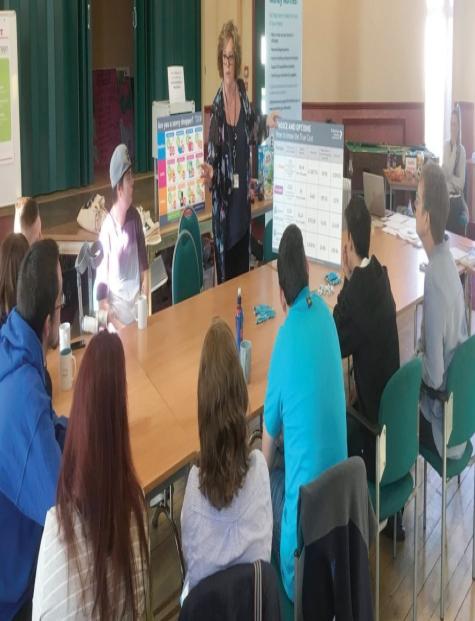Priority 4: Improve access to housing support, employment and health services
Why is this important?
Having access to good quality advice and information can play a key role in homelessness prevention and intervention, as well as tackling health inequalities. Getting the right advice and support can avoid a need for more serious interventions. The key is to understand each household’s situation and what can be done to improve outcomes, building on their strengths including their community connections.
Support is often needed to help households navigate through the benefit system, or to overcome complex barriers to finding and staying in employment. Homeless individuals can also often experience multiple longterm health conditions and face multiple barriers to accessing healthcare.
Our aim is to ensure that households that are affected by the cost of living crisis can access quality advice and support, to maximise their income and address housing and health problems early.
What we have done so far:
- We have completed thousands of pre-tenancy affordability assessments to help avoid future homelessness cases, including more than 2,200 since April 2022.
- We have supported residents with claims for benefit entitlements, generating more than £1.1m additional income for residents in the last year.
- We have provided holistic tenancy support to more than 1,100 council tenants since April 2022 resulting in 97% of tenancies being sustained 6 months after the threat of eviction.
- We have supported over 400 people into employment and over 500 into training since October 2020.
- We have worked with a number of homelessness providers who deliver support to vulnerable households.
Over the next 3 years:
- We will ensure households are supported through the cost- of-living crisis, including through our financial inclusion offer.
- We will continue to increase opportunities for employment, training, volunteering, and education to all households.
- We will work with health partners and help to reduce health inequalities for all homeless households.
- We will promote the use of translation services for applicants where English is not their first language.
Impact Measures:
- Increased proportion of homeless households successfully connected to employment, training, education, or volunteering opportunities.
- Reduced number of evictions for rent arrears or repossessions.

